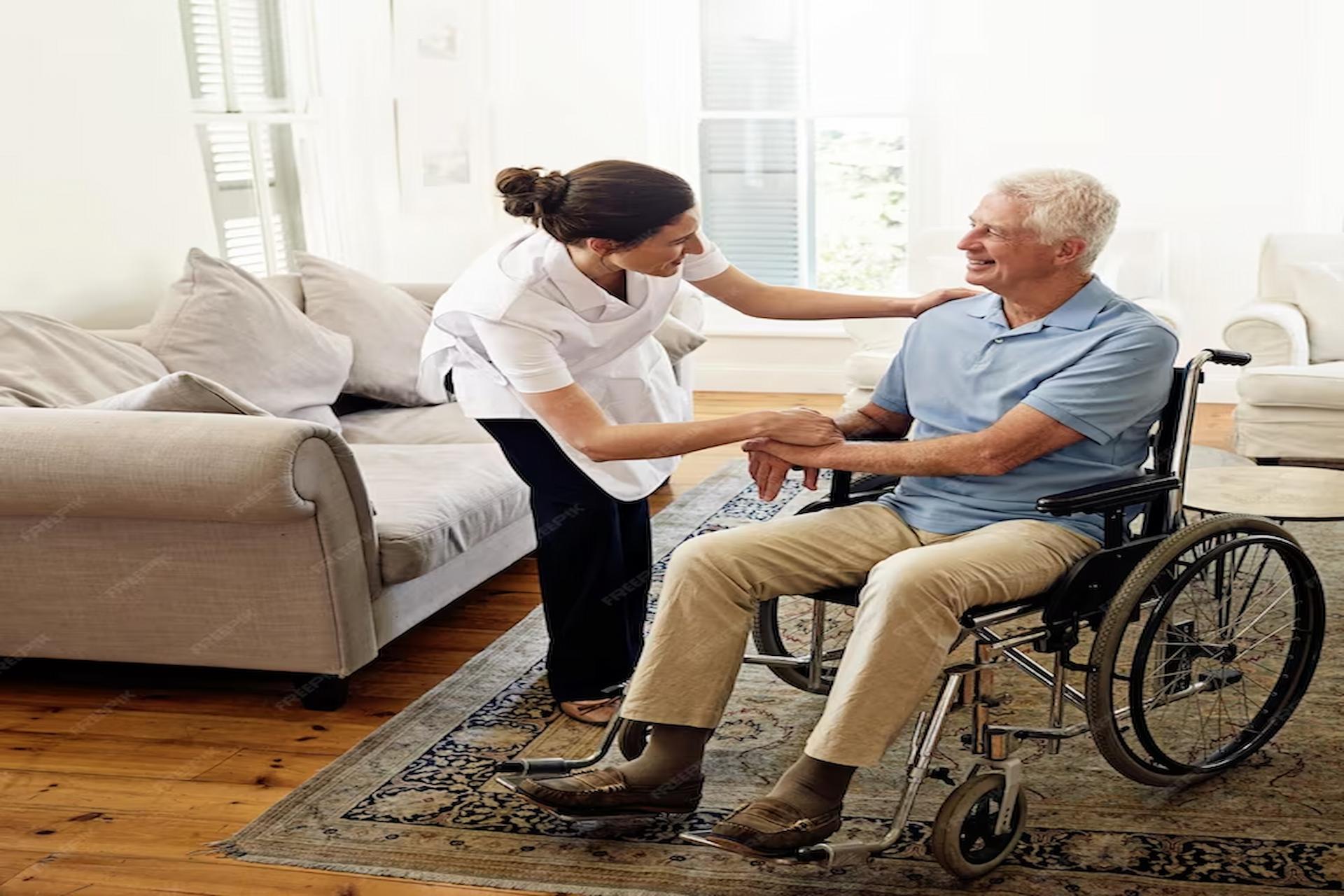How do you know what kind of care to give your loved one when they need it? And when is a traditional care home not the right choice?
Care homes offer a safe and comfortable place to live for their residents where they will have their needs catered for 24 hours a day. They serve a necessary purpose for elderly people who can no longer live at home safely and can provide a range of services, including nursing care for any medical conditions.
However, residential care homes are not always the right care option for every person. There are other levels of care packages available including homecare services, which may be more suitable for your loved one. So how do you gauge the best care option for your loved one?
Are there other people to consider?
Often, the biggest mitigating factor in considering care for a loved one is whether or not they live with a partner. Some care homes will have spaces for couples, but these are few and far between and often come at a premium. If your loved one has reached the stage where they need extra assistance that their partner can no longer give, then separating them will be the last thing anyone wants.
Availability of local care homes
There is a national shortage of beds in care homes up and down the country which is meaning that families are finding it increasingly difficult to find spaces in care homes close to them for their elderly relatives. This is resulting in many loved ones being forced to accept a place in a care home which may see them forced miles away from their local area, friends and family, making regular visits very difficult.
Affordability
The cost of having a loved on live in a residential care home will vary from facility to facility, but it is the most expensive care option. The price will also depend on the level of care required and type of home, for example nursing led care homes cost more than simple residential facilities. Cost is something you must factor in when considering care facilities, even though it is not something we would want to determine the choices we make for our parents’ wellbeing.
What is the alternative?
If you think that your loved one requires more than just the occasional visit by a carer but you don’t feel as though a residential care home is the right solution, then you do have another option. Live in care services allow your loved on to stay in their own home and still receive 24hour care and assistance with whatever they need.
Live in carers can supply assistance with a range of tasks such as meal preparation, shopping, companionship and personal care so can be a perfect solution to elderly care. The level of care you require will affect the cost of the care, similar to residential homes, but you may find it considerably cheaper especially if the care is for a couple of more than one person.
Live in care allows your loved ones to stay in the home they love, close to friends and family, while you have the peace of mind that there is care and assistance on hand whenever they need it. Your loved one can maintain as much of their independence as possible without having to leave their home.




